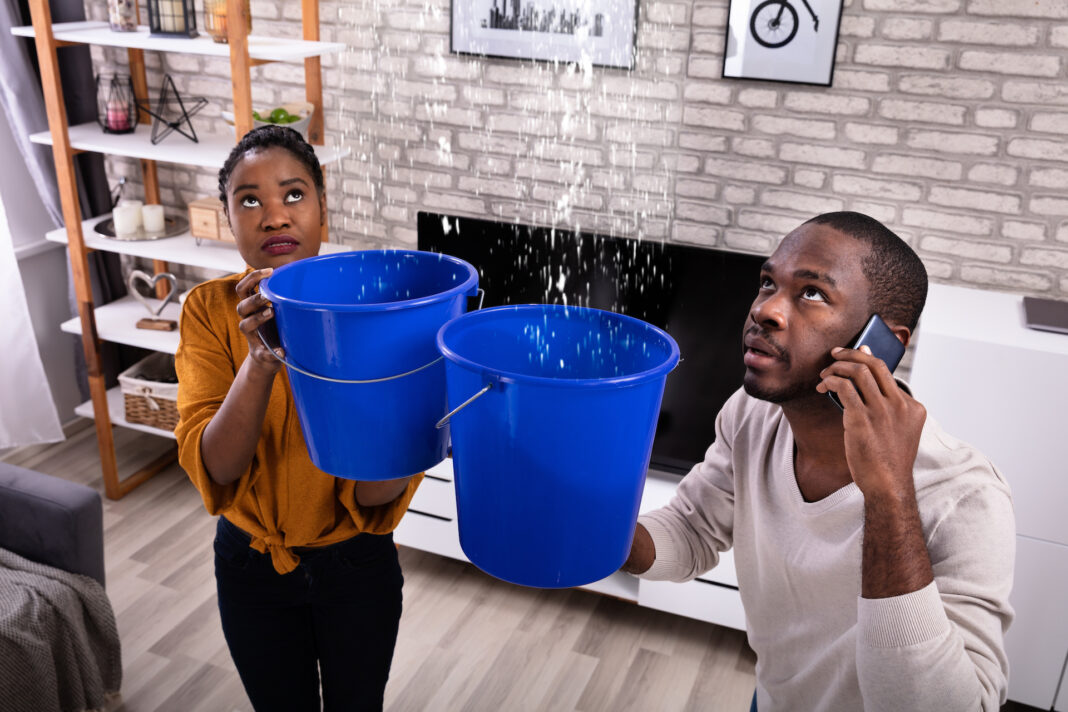
Lease signed? Check. Bags packed? Check. Along with your own belongings, utilities are something you may need to transfer to your new place before you move in. Before you spend your first night at your new place, here’s what you need to do with your utilities in order to ensure your power is on when you get there.
Understanding the Difference Between Changing and Transferring Utilities When Renting
Your first step to setting up utilities at your new rental unit is figuring out if you need to transfer utilities or change utilities entirely. Though it’s easy to get these two tasks confused, you can keep these general guidelines in mind:
- If you’re moving to a new place in the same general area and will keep the same utility providers, you’ll typically want to transfer utilities to your new apartment.
- If you’re making a long-distance move, you’ll likely need to find new providers and change utilities.
So, if you’re moving cross country or out of state, you’ll want to figure out how to switch utilities when renting because you’ll need new providers. Your new landlord should have information to point you in the right direction about available providers where you live. If you’re switching utilities when renting, make sure you keep records of your payments and contact information from all previous providers in case something comes up down the line that you need to resolve.
Moving to a new address but planning to keep using the same utility providers? That’s when you’ll need to transfer utilities.
How To Transfer Utilities When Renting
You can take a few steps to successfully transfer your utilities from your previous address to your new apartment’s address.
1. Make a List of the Utilities You Need
Organization goes a long way with just about any moving task, and that’s certainly true of transferring utilities when renting! By making lists of the utilities you’re paying for at your current address and the utilities you’ll need at your new place, you can easily track your next steps. Common utilities include:
- Electricity
- Internet, cable, and phone
- Natural gas
- Security systems
- Trash collection
- Water/sewer
Make a list of everything you pay for at your current unit, ensuring you keep a record of key information such as:
- Account numbers
- Provider name
- Provider contact information
- How much you pay for each utility
Not only will listing out how much you pay for each utility help you budget for your new place, but it will also help you evaluate which costs make sense for you. For example, if you’re paying for a premium cable package but don’t actually watch that much TV, now might be the time to cut back on costs.
2. Confirm Details With Your New Landlord
Now is also the time to find out which utilities you are and are not responsible for paying at your new place. Many landlords cover costs for utilities like water and sewage, but other times, you’ll have to go through your city or county to set up these utilities. Look at your lease agreement and ask your landlord to confirm which utilities you personally need to cover and which utilities your rent payments already cover. Your landlord might also be able to help you estimate how much total utility costs will be at your new place.
You’ll want to ask your landlord if they have preferred providers as well. For instance, they may have wired a unit to receive cable from a set provider, and you’ll often have only one available provider for electricity. You can save time and take away some of the guesswork of moving by just asking your new landlord ahead of time if you should contact specific providers.
3. Give Notice to Your Providers
Before moving out, contact your current providers. Contacting your providers proactively will make your life easier, so don’t put this off until the last second. Instead, contact your providers within two weeks of your move-out date.
Plan to do the following:
- Tell the provider(s) your move-out date
- Provide your new address and move-in date
- Ask the provider(s) to turn off your current utilities one day after you move out of your current apartment
- Ask the provider(s) to turn on utilities at your new apartment either the day of your move or one day before you move in
Making these arrangements will allow for a seamless transition to your new place. Additionally, some landlords set up landlord rollover for essential utilities so utilities temporarily switch to their name when the previous renter moves out. Then, the utilities can transfer utilities to a new tenant after move-in. You’ll still want to plan ahead to have utilities start when you move, but landlord rollover can offer some flexibility. Check if your new landlord offers this.
4. Pay Off Your Bills
You should ensure that you pay off final balances on all bills due in your previous unit before moving out. Call your providers and ask to check if you have outstanding balances. It’s important to double check this, as unpaid bills can hurt your credit score. You’ll also want to make sure your providers have a forwarding address in case they need to send you another bill after your move-out date.
5. Conduct Final Meter Readings and Return Equipment
If applicable, do a final meter reading before you move out and keep the information for your personal records. This can help if any billing issues or disputes come up. Some utilities, such as internet or cable services, may also require additional equipment. Make sure you return any equipment you needed for these services.
6. Do Your Last and First Scans
If instructed to do so, make sure you turn everything off before you leave your old apartment. Then take a quick scan around your new unit once you move in and have your utilities activated. Your first scan should determine if everything is running well and that you don’t have issues with any appliances, so you can quickly resolve anything that does come up.
Transferring utilities when renting can feel overwhelming. By following this step-by-step guide, you can ensure everything is set up for you to enjoy your new apartment. Still need a new place? Browse thousands of apartments for rent on Zumper and find your next home.



